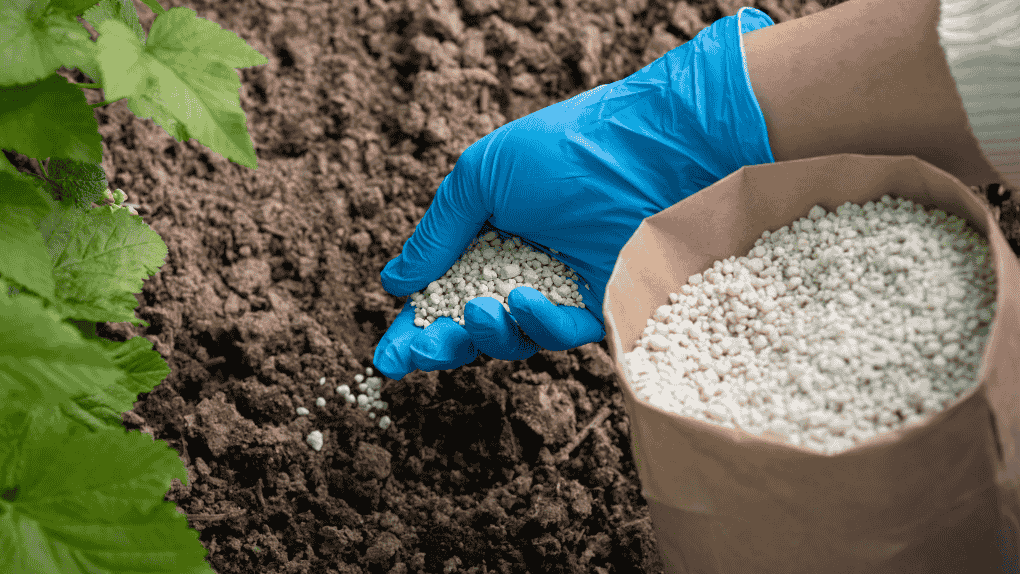Base fertilizer, also known as starter fertilizer, refers to essential nutrients applied to the soil before or during planting. These fertilizers enrich the soil with vital minerals, supporting root development and giving plants a strong start. Rich in macronutrients like nitrogen, phosphorus, and potassium, base fertilizers aim to promote healthy plant growth and achieve high yields.
Base fertilizers are designed for long-lasting effects. Once applied, they gradually dissolve, providing nutrients to plants over an extended period. This slow-release mechanism reduces the frequency of fertilization and saves labor. Notably, phosphorus, which has low mobility in soil, benefits from pre-planting application, allowing it to dissolve slowly and be available when needed.
Which Base Fertilizer is Best?
The choice of base fertilizer depends on the crop type, soil structure, and climate conditions. Commonly preferred fertilizers rich in nitrogen, phosphorus, and potassium include:
- DAP (Diammonium Phosphate): Contains 18% nitrogen (N) and 46% phosphorus (P₂O₅), promoting robust root development due to its high phosphorus content.
- Compound Fertilizers: Combine nitrogen, phosphorus, and potassium, offering versatile use across various crops.
- Organic Fertilizers: Improve soil structure and are environmentally friendly.
Selecting the most suitable fertilizer should be based on soil analysis and specific plant requirements.

When Should Base Fertilizer Be Applied?
Base fertilizer is typically applied before or during planting. Applying it prior to sowing ensures better integration into the soil and improved nutrient uptake by plant roots.
- Field Crops: A few days before sowing.
- Vegetables and Fruit Trees: Before planting or pruning.
Timely application maximizes nutrient utilization by plants.
What Are the Benefits of Base Fertilizer?
Key functions of base fertilizer include:
- Supports Root Development: Minerals like phosphorus aid in the strong growth of plant roots.
- Improves Soil Structure: Organic base fertilizers enhance the soil’s water retention capacity.
- Increases Yield: Provides plants with a strong start during planting, leading to higher harvest quantities.
Base fertilizer establishes a healthy balance between soil and plant.
In Which Month Should Base Fertilizer Be Applied?
The application timing varies based on the crop and regional climate:
- Winter Cereals (e.g., Wheat, Barley): October–November.
- Vegetables: In spring, before planting.
- Fruit Trees: After autumn pruning or before the spring awakening period.
Conducting a soil analysis before deciding on the application month is crucial.
How Long Does Base Fertilizer Take to Dissolve?
The dissolution rate depends on the type of fertilizer used:
- Chemical Fertilizers: Generally dissolve within a few days, showing quick effects.
- Organic Fertilizers: May take several weeks to dissolve, providing long-term benefits.
Quick dissolution ensures early access to nutrients, while organic options offer sustained effects.
In this blog post, we’ve covered all aspects of base fertilizer. For more information and to benefit from our soil analysis services, feel free to contact us!

